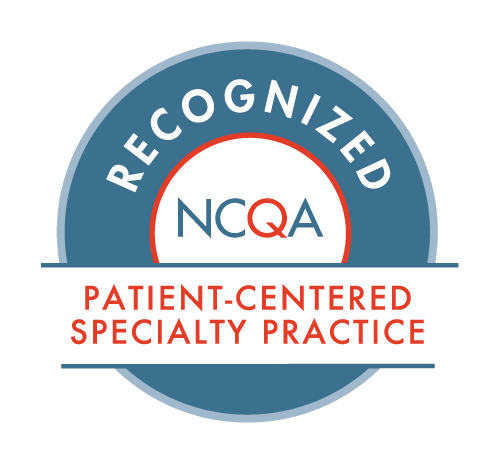What Is Coronary Artery Disease?
- Posted on: Mar 25 2025
Coronary artery disease (CAD) occurs when fatty deposits, known as plaque, build up in the heart’s arteries and restrict blood flow. In extreme cases, the arteries can become completely blocked, resulting in stroke, heart attack, or heart failure. Typically, coronary artery disease develops over time, with symptoms not showing up for years, which is why it’s essential to come in for regular checkups.
The Main Causes of Coronary Artery Disease
While there are numerous contributing factors to developing coronary artery disease, the main ones are listed below:
- High Blood Pressure
- Poor Diet
- Obesity
- Diabetes
- Unmanaged High Cholesterol
- Atherosclerosis (Build-up of Plaque)
How Can I Lower My Risk for Coronary Artery Disease?
Despite the serious nature of coronary artery disease, there are ways to reduce your risk of developing the disease. Here are some of the most impactful ways to lower your risk:
- Maintain a healthy blood pressure
- Stop smoking
- Maintain a healthy weight
- Take any prescribed medicines per instructions
- Manage your diabetes appropriately
- Manage and reduce alcohol consumption
- Engage in regular physical activity
- Develop a healthy, balanced diet
How Is Coronary Artery Disease Diagnosed?
If you have experienced any of the following, you may have CAD:
- Prolonged and unexplained fatigue
- Chest pain, known as angina
- Heart attack (when the artery becomes completely blocked)
- Shortness of breath
If you have any of the above symptoms, seeing us at Hunterdon Cardiovascular Associates is essential so we can properly diagnose you. When symptoms linger without treatment, it can lead to serious complications and significantly impact your heart health.
One of the most frequently used tests to diagnose coronary artery disease is the coronary artery calcium test (CAC). This involves having a CAT scan of your heart to reveal the amount and density of calcium build-up in your arteries. The results assign a CAT score. A zero score indicates no evidence of calcium build-up and a low risk of developing heart disease. Higher scores indicate a greater chance of developing heart disease due to higher amounts of calcified plaque build-up.
Another way to diagnose coronary artery disease is by measuring your heart’s blood flow during a stress test. This test is also called an exercise test and requires you to walk on a treadmill for a short period of time.
For asymptomatic patients, blood tests are commonly used to diagnose coronary artery disease. These scan for the Apolipoproteins and LPAla/CrCRP, which can indicate inflammation, infection, and chronic conditions like CAD.
What Are the Treatment Options Available to Treat Coronary Artery Disease?
At Hunterdon Cardiovascular Associates, we can diagnose and help you manage your coronary artery disease. We offer treatment and monitoring services to help you maintain your heart health.
Treatment options we offer include:
- Support Lifestyle Changes: Adopt a regular exercise routine, maintain a healthy diet, reduce alcohol intake, and stop smoking.
- Prescribe Medications: Blood pressure medication prescription, statins.
- Surgical Options: Angioplasty, stent insertion, bypass surgery.
We take our patients and their heart health seriously. Let our staff take care of your heart health needs. At Hunterdon Cardiovascular Associates, we not only diagnose coronary artery disease but offer treatment options that can address your symptoms.
Our offices are located in Bridgewater, Clinton, and Flemington, and we offer subspecialties to ensure proper care for our patients’ conditions. If you have experienced any of the symptoms of coronary artery disease, it’s important to come in to see our specialists. Why not schedule your appointment with us today?
Posted in: Cardiovascular Diseases, Coronary Artery Disease



